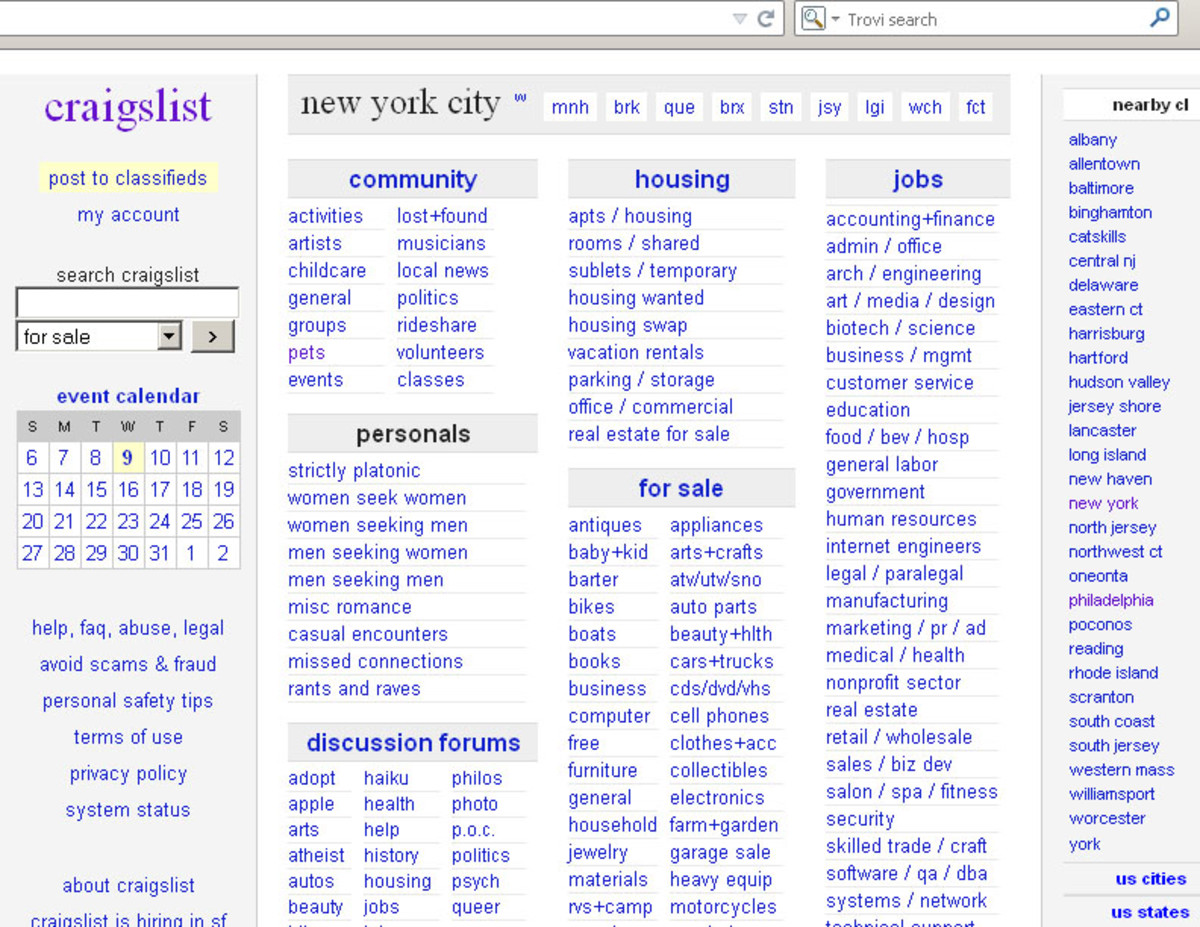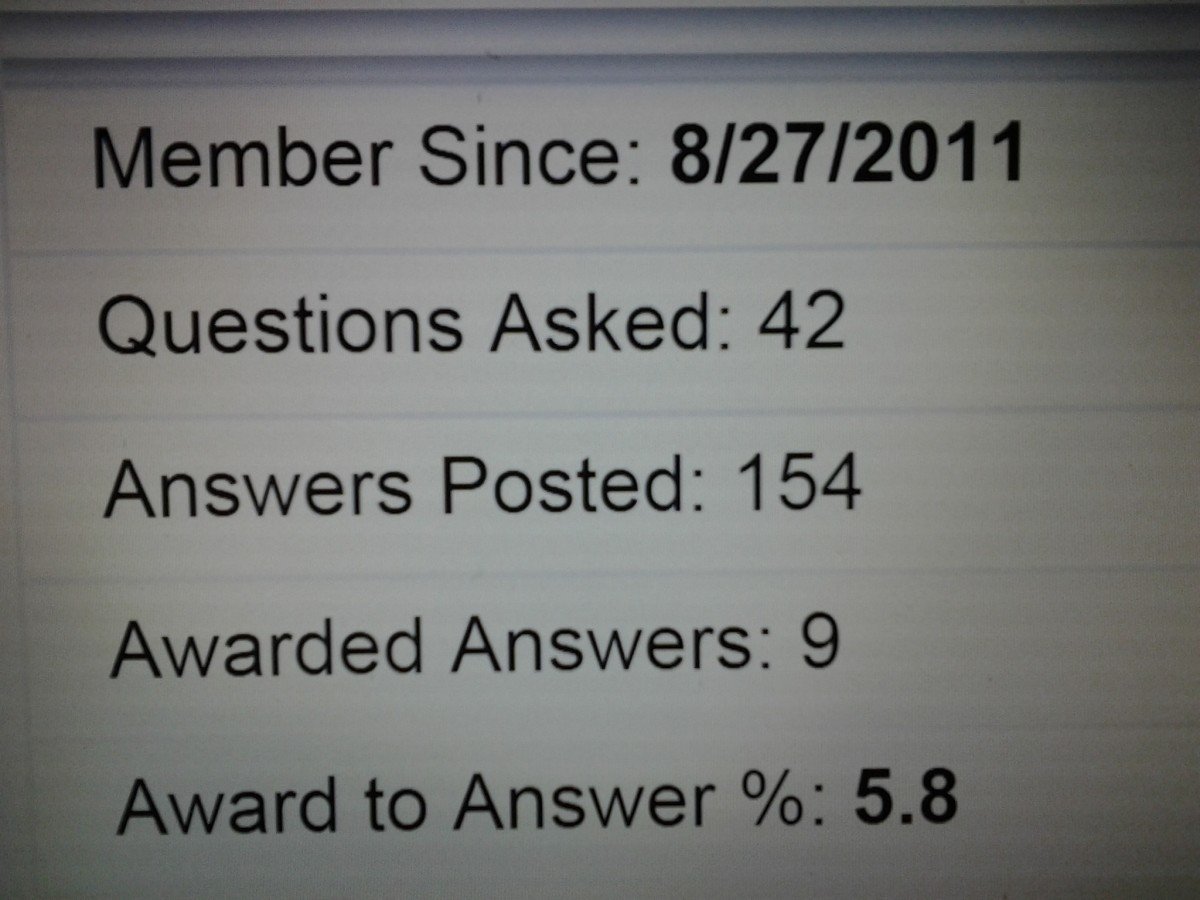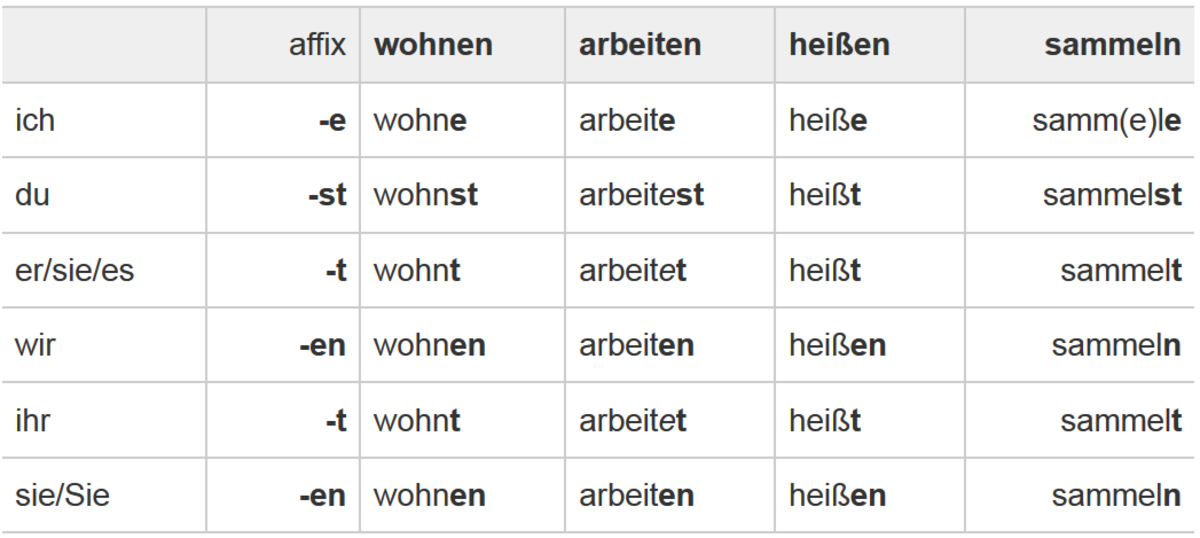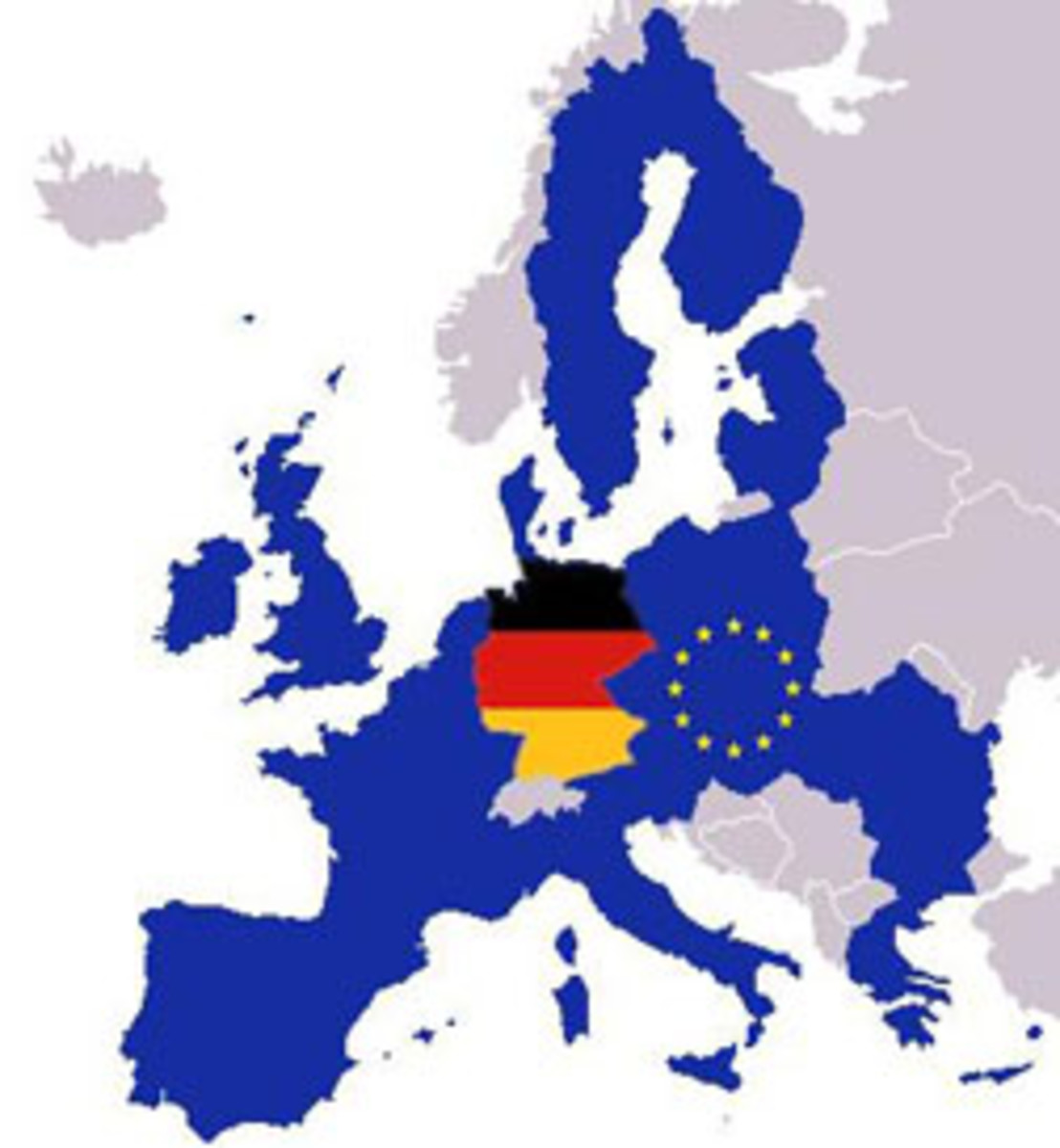The Verb "To Be" in German - A1

Once you know how to conjugate the verb "to be" in German and some basic vocabulary, you can already express yourself about your feelings, your location, your state of mind, your profession and your personal qualities. The verb "to be" is one of the most important German verbs. It is an irregular verb which is why you have to learn the conjugation by heart. The verb "to be" is called "sein" in German (pronounced: zine).
First, we will take a look at the German pronouns. In order to form a simple sentence in German using the verb "to be", you need to know the German personal pronouns and the conjugation of "to be".
English Personal Pronouns
| German Personal Pronouns
|
|---|---|
I
| ich
|
you (informal)
| du
|
he, she, it
| er, sie, es
|
we
| wir
|
you guys
| ihr
|
they
| sie
|
you (formal)
| Sie
|
The Conjugation of "To Be" in German
sein
| |
|---|---|
ich
| bin
|
du
| bist
|
er, sie, es
| ist
|
wir
| sind
|
ihr
| seid
|
sie
| sind
|
Sie
| sind
|
Once we have memorized the conjugation of sein, it is fairly easy to form sentences. The verb "to be" in German is used to talk about age, profession, feelings, qualities, state of mind and location, amongst other things. Let's take a look at some example sentences.
English
| German
|
|---|---|
I am sick.
| Ich bin krank.
|
I am 28 years old.
| Ich bin 28 Jahre alt.
|
Ich bin Übersetzerin.
| I am a translator.
|
Du bist nett.
| You are nice. (informal)
|
Du bist wütend.
| You are angry. (informal)
|
Du bist intelligent.
| You are intelligent. (informal).
|
Er ist konzentriert.
| He is focused.
|
Er ist interessiert.
| He is interested.
|
Er ist überrascht.
| He is surprised.
|
Sie ist glücklich.
| She is happy.
|
Sie ist im Wohnzimmer.
| She is in the living room.
|
Sie ist meine Tochter
| She is my daughter.
|
Sie ist in der Küche.
| She is in the kitchen.
|
We are in the car.
| Wir sind im Auto.
|
Wir sind am Flughafen.
| We are at the airport.
|
Wir sind am Bahnhof.
| We are at the train station.
|
Ihr seid freundlich.
| You guys are friendly.
|
Ihr seid höflich.
| You guys are polite.
|
Ihr seid verrückt.
| You guys are crazy.
|
Sie sind fleißig.
| They are hard-working.
|
Sie sind Schüler.
| They are students.
|
Sie sind nicht zu Hause.
| They are not at home.
|
Sie sind pünktlich.
| You are on time.
|
Sie sind hilfsbereit.
| You are helpful.
|
Sie sind kreativ.
| You are creative.
|
Asking Questions
Asking Questions in German is fairly simple. You simply place the verb in the first position and the subject of the sentence in the second position. If you want to use a question word like who, what, where, how, when, why, you place that in front of the verb. It works just like in English in this case.
Ist er zu Hause?
| Is he at home?
|
Seid ihr in der Küche?
| Are you guys in the kitchen?
|
Bist du froh?
| Are you happy? - informal
|
Sind sie in der Schule?
| Are they at school?
|
Wo sind Sie?
| Where are you? - formal
|
Wer ist das?
| Who is that?
|
Warum bist du noch im Büro?
| Why are you still at the office?
|
Exercises
Now it's your turn to practice conjugating the verb "to be" and using the verbs in a sentence. Fill in the proper verbs into the gaps and don't forget to conjugate them!
- How to Become Fluent in German
Becoming fluent in German is easy. You just have to know how. First of all, it is important to know that there are many sources you can find online but only few good ones. The Deutsche Welle website offers interactive activities and exercises that wi - SOS German – Last Minute German Crash Course
This article will help you learn some basic German that you can use for travel purposes. It contains vocabulary that can use in different situations such as in hotels, restaurants, airports and more.
1. Er _____ ein Schüler. (He is a student.)
2. Er _____ Ingenieur. (He is an engineer. Note: We don't use articles in front of professions)
3. Ich _____ müde. (I am tired.)
4. Ich _____ nervös. (I am nervous.)
5. Sie _____ Lehrerin. (She is a teacher.)
6. Sie _____ schlau. (She is smart.)
7. _____ sie in der Garage? (Is she in the garage?)
8. _____ sie im Esszimmer? (Are they in the dining room?)
9. Sie _____ in Berlin. (They are in Berlin.)
10. Es _____ kalt. (It is cold.)
11. Es _____ warm. (It is warm.)
12. Es _____ heiß. (It is hot.)
13. _____ ihr im Urlaub? (Are you guys on vacation?)
15. _____ ihr im Garten? (Are you guys in the backyard?)
16. _____ Sie im Konferenzraum? (Are you in the conference room? - formal)
17. Sie _____ sehr erfahren. (You are very experienced. - formal)
18. Wir _____ geschockt. (We are shocked.)
19. Wir _____ erschöpft. (We are exhausted.)
20. _____ du traurig? (Are you sad? - informal)
21. _____ du wütend auf mich? (Are you mad at me? - informal)









